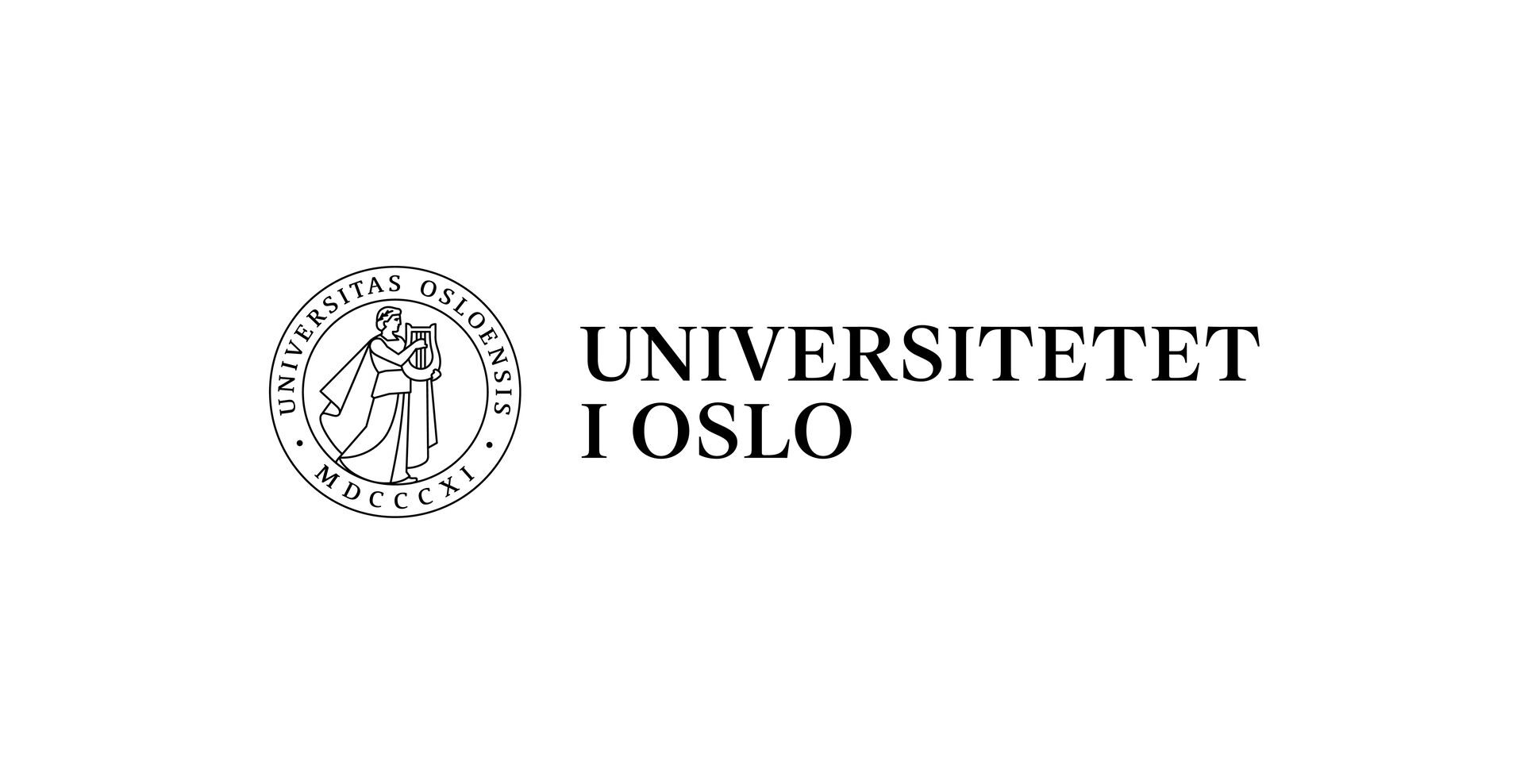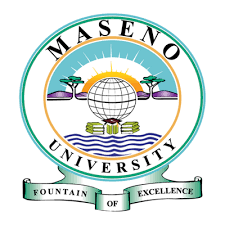NB! This course includes an obligatory online introduction seminar on 17 October 2024, 9:00 am to 1:00 pm (Oslo time).
The initiative for this course was taken by Ruth Prince and Wenzel Geissler (University of Oslo) and Erick Nyambedha (University of Maseno), who collaborate on the projects: “Epidemic Traces” (NFR) and "AnthEM" (NORAD). They will teach together with Noemi Tousignant (UCL, London; project: "A Hotbed for Liver Cancer") (Yonatan Gez (University Institute Lisbon; project: "Afterlife of Development"); Gregg Mitman and Emma Roth (Rachel Carson Centre; project: "Bloodborne"), and Nick Rahier (KU Leuven; project: “Green Science from the South”).
Course content
Contemporary social life is entangled with pasts, through the concrete remains of the latter that endure in the present. We propose making these traces of the recent past – in people’s everyday social lives, and during our own fieldwork – an integral part of ethnographic research in the 21st century present. We will focus on the remains of “modernity” – broadly conceived, from colonial domination and destruction to nation-building and developmentalism.
The course will introduce different theoretical and methodological approaches – from anthropology, archaeology, STS and heritage studies – to materials that were produced or shaped by past human actions, projects and processes, and that remain in the present. We will learn to consider these as evidence of past occurrences, and, more importantly, as the material substrate upon which today’s people live and generate their futures from.
In addition to lectures and discussions, we will undertake field-excursions to exemplary sites of modern traces in the city of Kisumu and around, to engage theoretical ideas with concrete material, to discuss methodological possibilities and challenges, to compare our diverse positions towards particular traces, and to jointly develop the idea of fieldwork as “tracing”, or rather, of material engagements with traces as an important part of ethnography.
(Full description of the course content)
Learning outcome
- Familiarity with anthropological and kindred work (e.g., history, archaeology, STS) on remains of the recent past, or ‘traces of modernity’, and their present afterlives.
- Awareness of the vital role of traces in contemporary social lives and processes, after modernism, attendant accelerated change and aspirations, and irrecuperable loss.
- Exposure to ethnographic and experimental methods that focus on, or incorporate, the study of material remains of the past in the pursuit of ethnographic field research.
- Experience, through field-excursions, with concrete ethnographic cases of material traces in urban and peri-urban landscapes, architectures and infrastructures.
- Ability to collectively engage and interrogate specific modern traces, and to describe and share experiences and observations.
Admission to the course
This workshop is open to PhD candidates and postdocs with a background in social anthropology and related disciplines. PhD students from eastern and southern Africa and others whose work engages with material remains will be given preference.
Send your application to post@sai.uio.no
The application must include:
- 1 page CV
- ½ page project abstract
- ½ page why the course and the topic of modern traces interests you.
Application deadline: 31 August 2024
Prerequisite knowledge
All participants are expected to be familiar with ethnographic method. Previous experience with experimental and interdisciplinary methodologies is welcome.
Teaching
17th October, 9am-1pm: Online seminar, where we will introduce teachers, participants and the course, and discuss readings and workplan.
18-19th November: Lectures and seminars on ethnographic engagements with material “traces” and different theoretical and disciplinary approaches to them.
20-22nd November: Field excursions and subsequent discussions about observations.
Obligatory activities
- Attendance in lectures, seminars and field excursions.
- 1 page briefly explaining why you are interested in material traces of past events in the present, and what kind of remains you are interested in. If you have experience with particular methods (e.g., photography, interviews, archival work, drawing, inventories, reenactment…) these can be indicated. Submit your 1 page after the introductory online seminar and before the workshop.
The obligatory activities must be approved in order to submit the final exam.
Examination
Essay about a particular trace/assemblage of traces – either from the Kisumu excursions, or you’re your own fieldwork – exploring methodological approaches to them, and what might be learned from such tracing. The essay may be illustrated, animated or take the form of a video or podcast, but must contain a text of no less than 2500 words, drawing on at least 5 texts from the reading list, as well as other literature.
Grading scale
Pass/fail


.png)